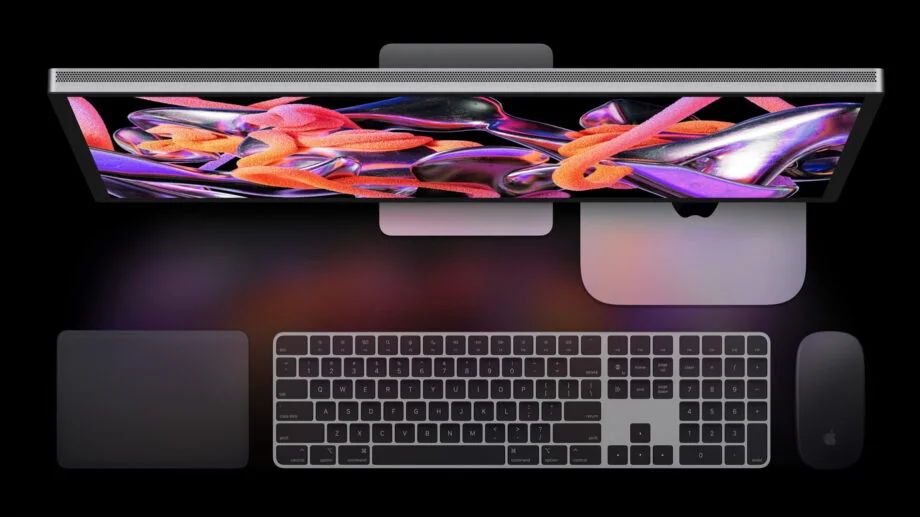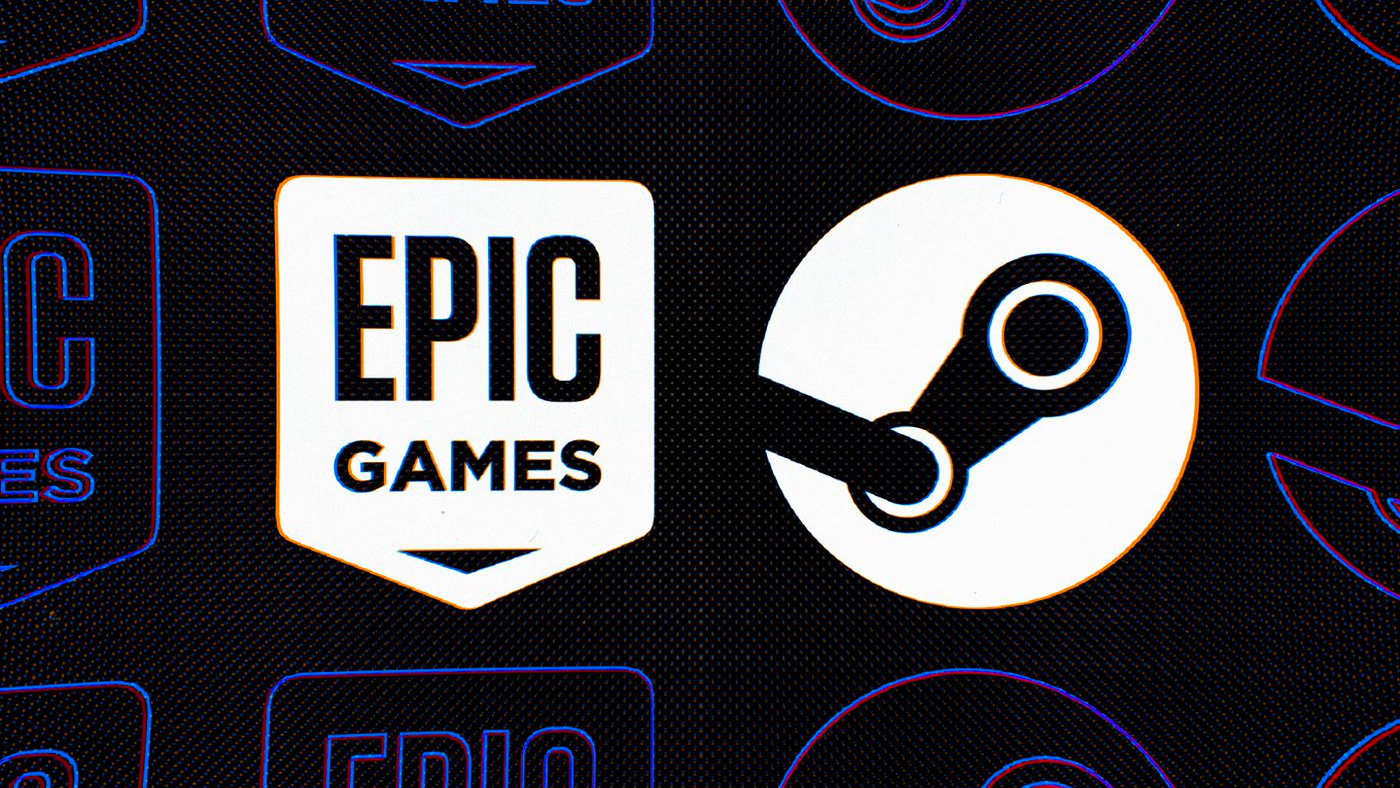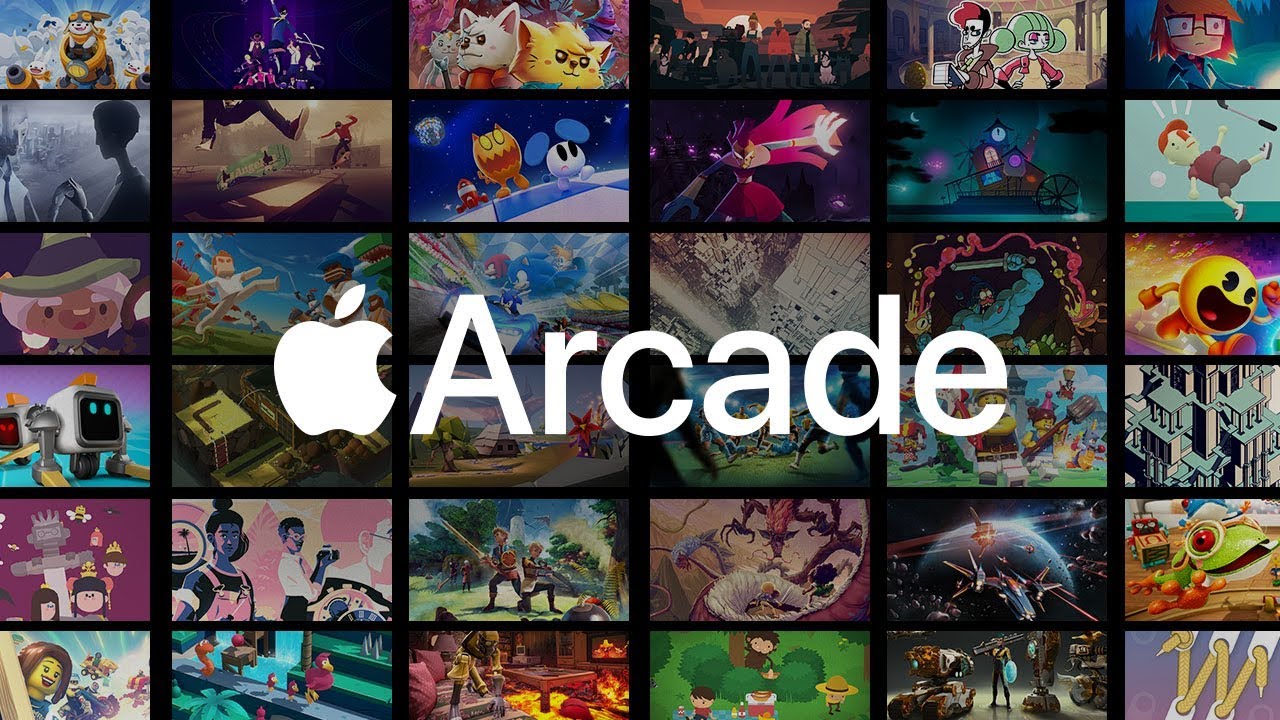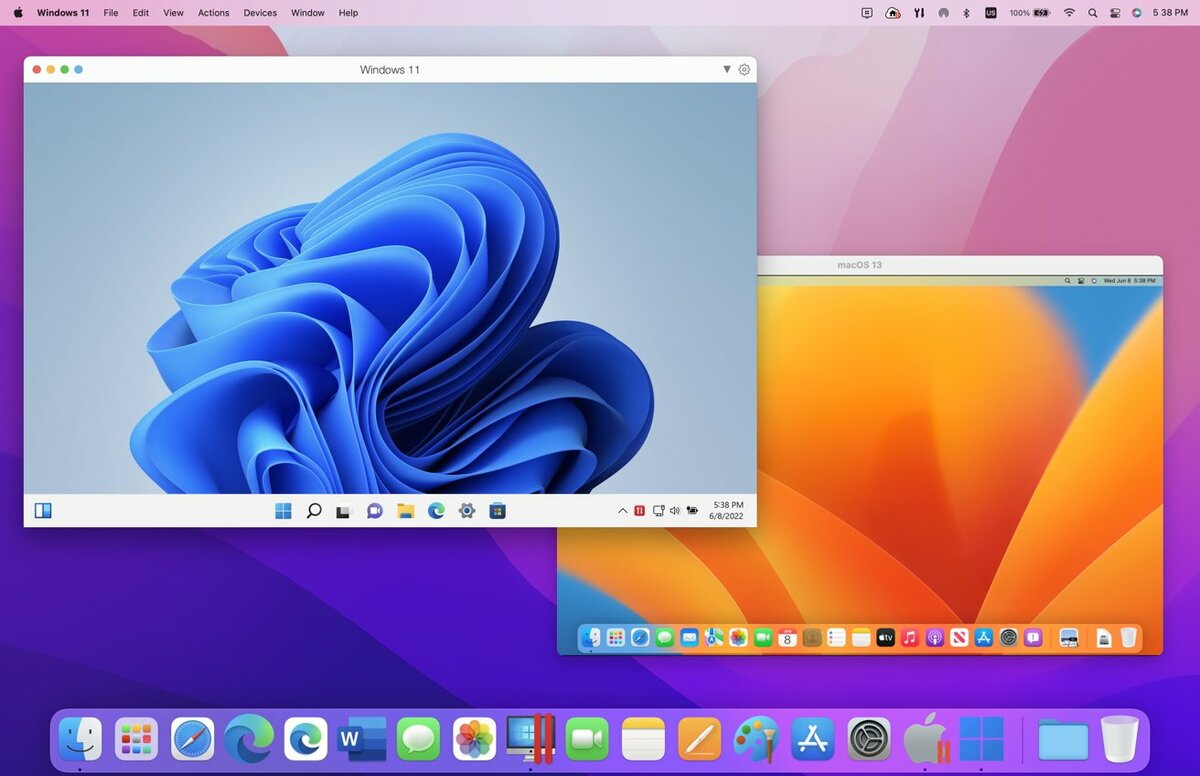
In its early days, Apple (and subsequently the Mac) was a big player in the gaming market. Many important titles (like Myst) and influential studios (like Bungie) were born in the Apple ecosystem of yesteryears. But as time went by, due to many factors, the global Apple market share in the personal computer segment plumeted. And so went its relevance with gaming, as Richard Moss noted in his Secret History of Mac Gaming.
 The Secret History of Mac Gaming, by Richard Moss / Bitmap Books
The Secret History of Mac Gaming, by Richard Moss / Bitmap Books
Nowadays, macOS’s market share remains very low. In gaming, it is about 2.5% of the installed base according to the Steam Hardware Survey. That’s pretty much nothing. And yet, most storefronts like Steam, GOG or the Epic Games Store have compatible offerings, with many indie titles but almost no big AA or AAA games.
In 2021, I wrote a piece on Medium about the state of Mac gaming in 2021. Even now that Apple Silicon Macs are there and in their second generation, everything I wrote then remains relevant. Macs were already machines on which you could play. Now that Apple Silicon brought back performance, they are even better gaming machines. So, what’s the problem?
The problem is the lack of games. Apple with macOS is pretty much on the same spot Epic was when they launched their Epic Games Store. Confronted with the Steam defacto monopoly, Epic had to find a solution. Their store is still not relevant or profitable for most developers, but they are gradually grabbing some chunks of the market. All of that thanks to exclusivity deals and weekly free games.
 Illustration by Alex Castro / The Verge
Illustration by Alex Castro / The Verge
The parallel with macOS is there too, Steam being replaced by Windows. Microsoft’s operating system can basically play any game. Why on earth would someone buy a Mac to play only a fraction of the gaming catalog? At a substantially higher price even. Current Mac gamers are mostly people that also use their Mac for something else, making gaming one of the cherries on top. Many Mac users who can afford it also have a Windows gaming PC on the side.
Back on the Epic case. Why would you buy a game on the Epic Games Store if you are already a client on Steam? It is less convenient to have two launchers and your collection of games is divided. But all it takes is a free account. The entry barrier is way lower than with console exclusive titles (as you have to buy a $500 console). And even lower if you consider the price of a very powerful Mac, like those equiped with the Max or Ultra chips.
At WWDC 2022, Apple made several gaming oriented announcements that gave us hope for a brighter future. In the same keynote, they notably announced that Resident Evil Village would be ported to macOS as a showcase of the power of Apple Silicon.

And with its Octobre 28th 2022 release1, Resident Evil Village delivered! Not everything was perfect, but reviews of the port were generally positive. It proved Macs are very capable gaming machines, probably at the expense of Apple paying for the port to be done (even though we have no information of a potential deal of this nature).
But once again, there’s a catch. Resident Evil Village was released a year before on Windows and consoles. This is basically a technical demo at this point. Mac players were thrilled. But they were alone. The same story goes with the ports of Divinity - Original Sin 2. And in the future with No Man’s Sky. All these games are great, but they are not exclusives. There’s not a chance it will improve significantly macOS’ market share.
With Arcade, Apple tried to appeal to gamers with exclusive titles. However, for how good these games were, they weren’t significant enough to bring a wide outsider audience to the service. Pretty much none of them were widely expected by players and thus they remained dispensable. These games made Apple Arcade a very good deal for a time, but I don’t expect anyone to actually buy a Mac to play Arcade games, especially as all of them are also available on iOS/iPadOS.

That brings the question of the interest of Apple for gaming on the Mac. As the iPhone and the iPad are huge sellers in the gaming segment (not AAA gaming for sure, but they generate a lot of money anyway), is the Mac still relevant with gaming for Apple in their ecosystem? I obviously do not have the answer, but I know for sure that many people, myself included, would be glad to be able to play more games on their Macs.
Recently, Microsoft announced that they will officially support Windows for ARM on Apple Silicon Macs through Parallels. That’s a great news for users with mixed workflows as BootCamp, the official Apple solution to run Windows natively on Intel Macs, is not available anymore on Apple Silicon.

However, even if this is a very efficient solution for existing Mac customers to enjoy their Mac even more, that does not resolve the main issue of the availability of native games and the overall attractiveness of the platform for outsiders. Plus, Parallels (or VMWare Fusion) is not free. It’s at least $100 to add to the bill.
With Parallels, Apple is pretty much in the exact same situation than linux gaming with Proton and the Steam Deck. The Steam Deck is so good at running most Windows games from the Steam catalog that developers do not have to bother porting their games to linux (even though the Deck runs SteamOS, a derivative of Debian, a linux distribution). Parallels won’t incentize developers to bring native ports of their games to the platform.
And to add insult to injury, you also have many cloud streaming services available for macOS, such as GeForce Now, Boosteroid, Xbox Cloud Gaming, …
Then, what to do? The list of potential solutions is not long in my opinion. If Apple intends to increase the market share of the Mac, pro users won’t help much more. Indeed, the profesional and creative audiences are already there. The main issues, namely performance and lack of connectivity, have been addressed respectively with Apple Silicon and the various Mac redesigns. Now, it is the consumer market that needs to be addressed. And games are a huge part of it.
Commissioning ports of important AAA games is good from a technological stand point. But the timing is not relevant. Releasing Mac ports several months or years after the initial release won’t improve the situation. The player base is already constituted elsewhere. At least ports need to exist from day one.
Another true game changer (pun intended) could be exclusive titles, timed or not, coming from franchise that have an already installed audience. If Apple could get several big names, early adopters of such games would be forced to buy a Mac. Is this a good practice? No. As a PlayStation player, I was so disappointed when Microsoft got Rise of the Tomb Raider exclusive to Xbox consoles for a year. I even considered buying a Xbox One. I didn’t in the end as I was already too busy to play all the games in my back catalog, so I waited. However, some players were converted this way. In the same vein, remember when Microsoft snatched Halo, which was originally planned as a cross-platform Windows+MacOS game?
The “gaming on macOS” situation is rather complex. The market share won’t increase by magic. Apple has to do something but it is difficult to know what exactly. Technologically, the future is bright. Now bring on the games!
Header image by Trusted Reviews under Creative Commons 4.0
To my readers from France: Resident Evil Village has been temporarilly removed from the french Mac App Store last january. There is not information on when it should be available again. ↩